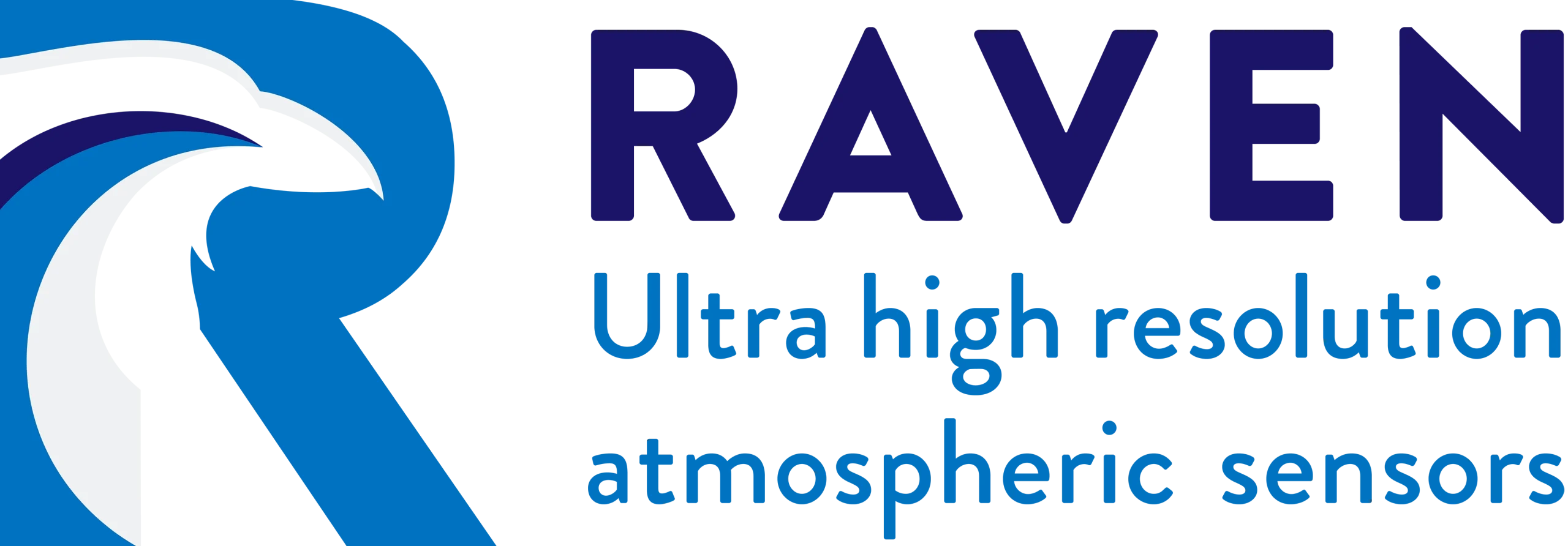4-year project |16 partners | 6 countries
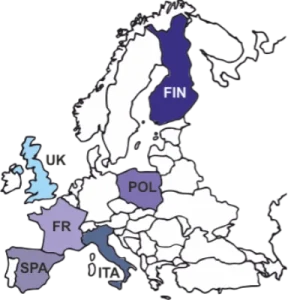
Finland
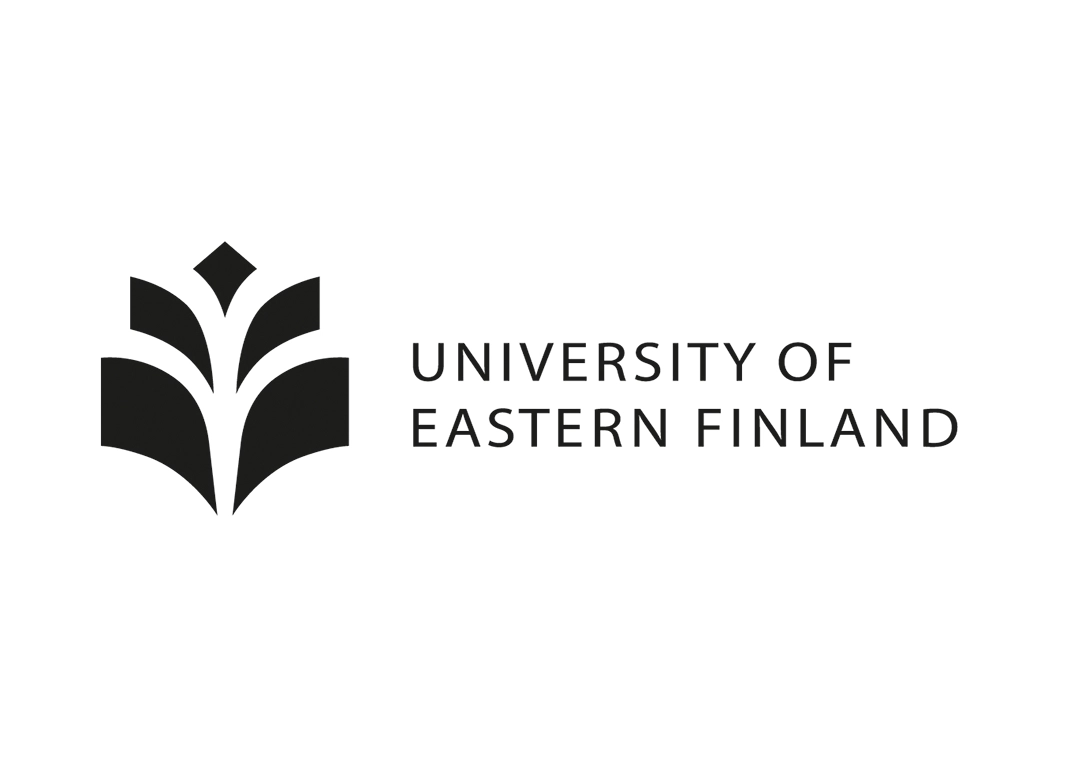
University of Eastern Finland (UEF)
UEF is the project coordinator and leader of WP3, specialising in photonic integrated circuits (PICs), materials science, and diffractive optics. Their work in RAVEN includes designing, fabricating, and testing interferometers, as well as transferring data-processing algorithms to chips.

Tampere University (TAU)
WP4 leader. TAU are experts in PICs, source development, and micro/nano fabrication. They will design and characterise PICs for the mid-infrared (MIR) sensor, assemble the tunable laser, and integrate the PAC with the tunable laser.
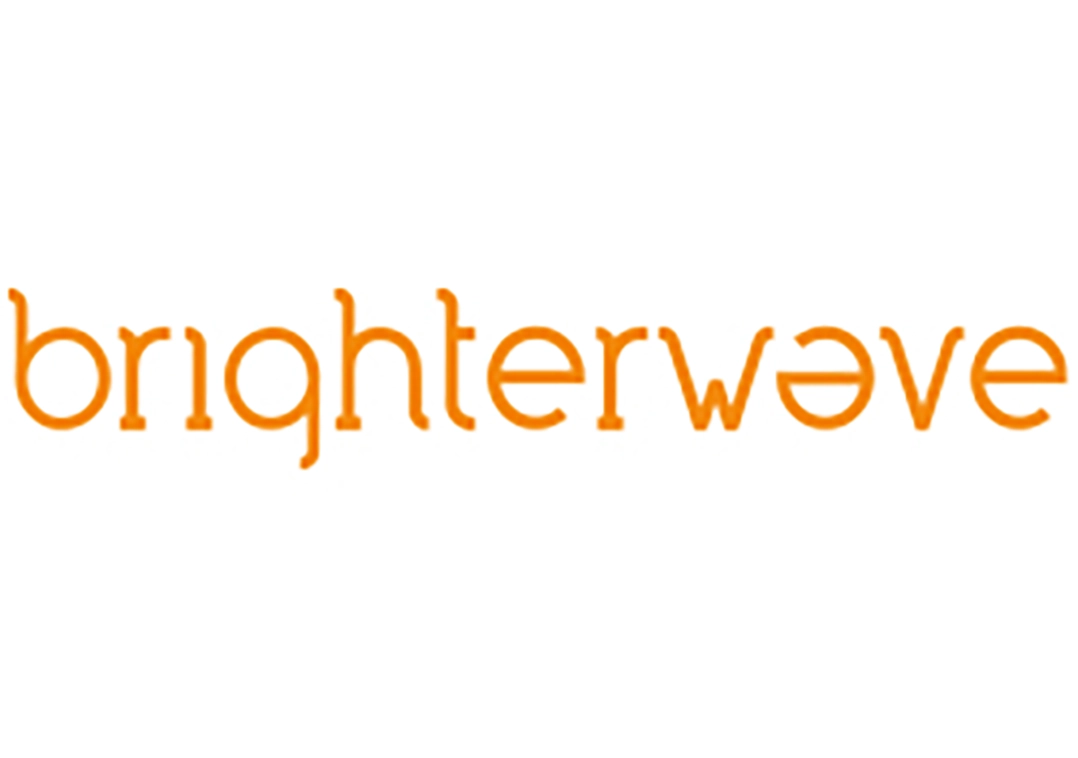
Brighterwave (B-WAVE)
B-WAVE leads WP1 and specialises in the development and integration of sources and laser projection systems. They will design the LiNbO3 for PIC 1 and produce the dual supercontinuum (SC) laser source prototype with coupled waveguides.
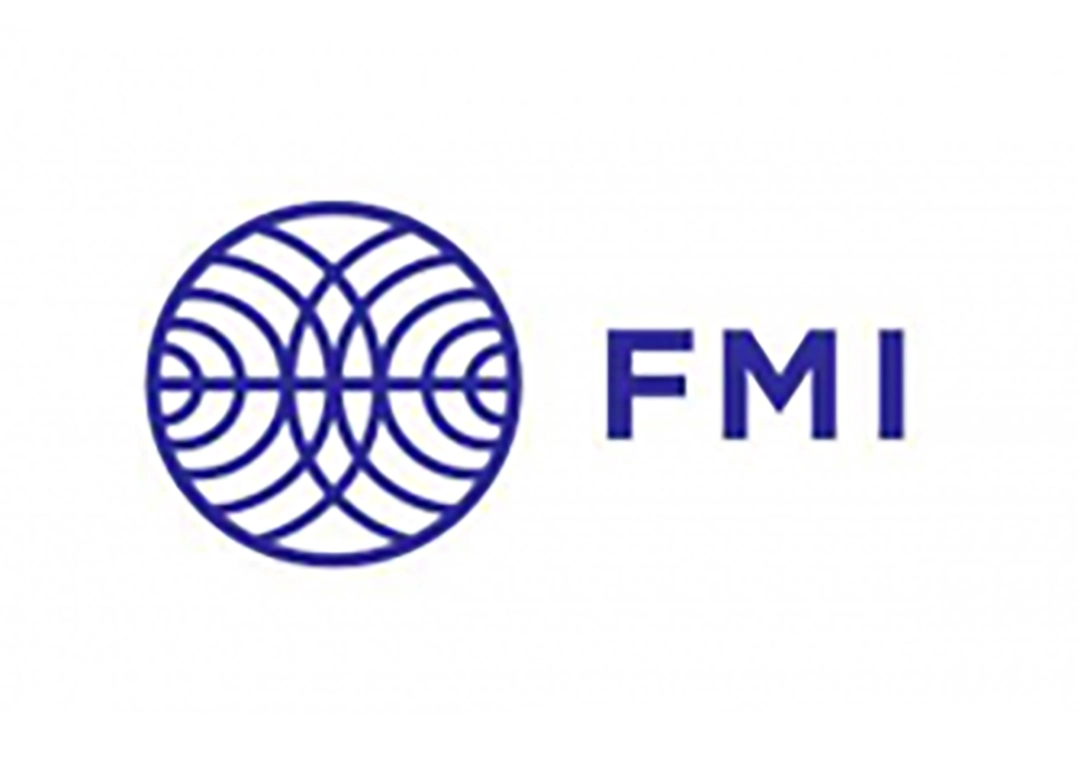
Finnish Meteorological Institute (FMI)
FMI conducts research and observations on the atmosphere, near space, and seas. In RAVEN, they will be responsible for laboratory testing of the sensors for greenhouse gas (GHG) monitoring in terrestrial applications.
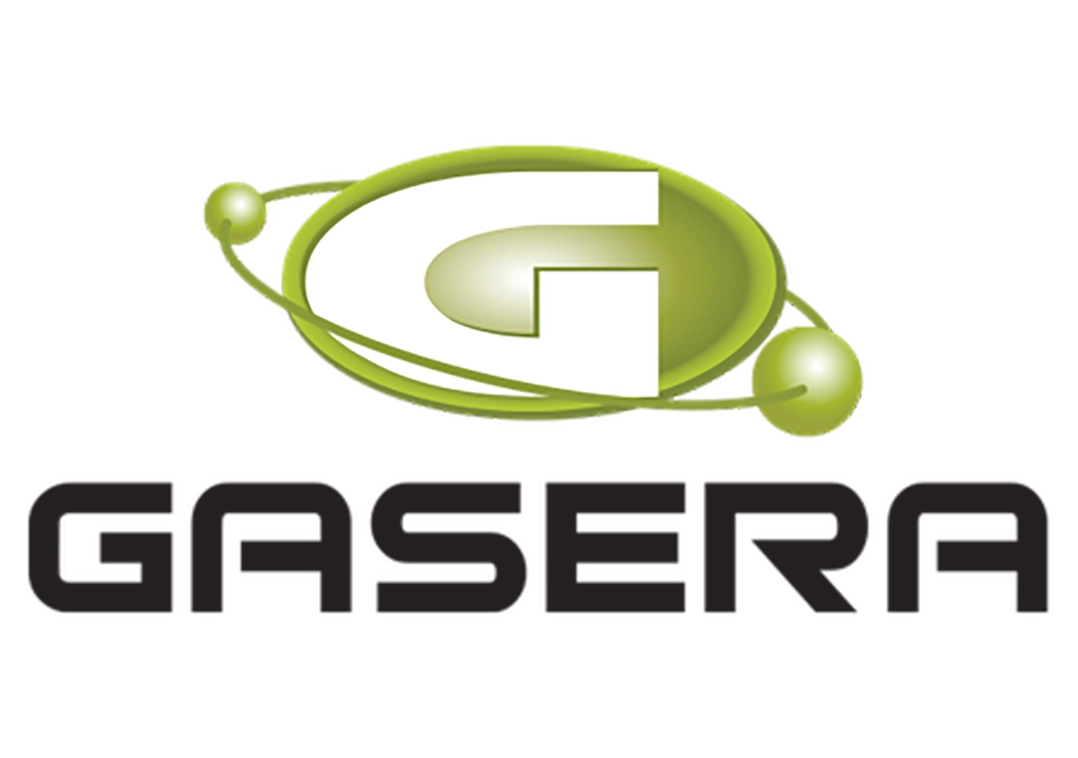
GASERA
GASERA is a high-tech company focused on producing advanced gas analysis equipment. In RAVEN, they will develop, prototype, manufacture, and test the PAC, integrate it with the tunable laser, and conduct laboratory performance tests for the MIR sensor (WP4).
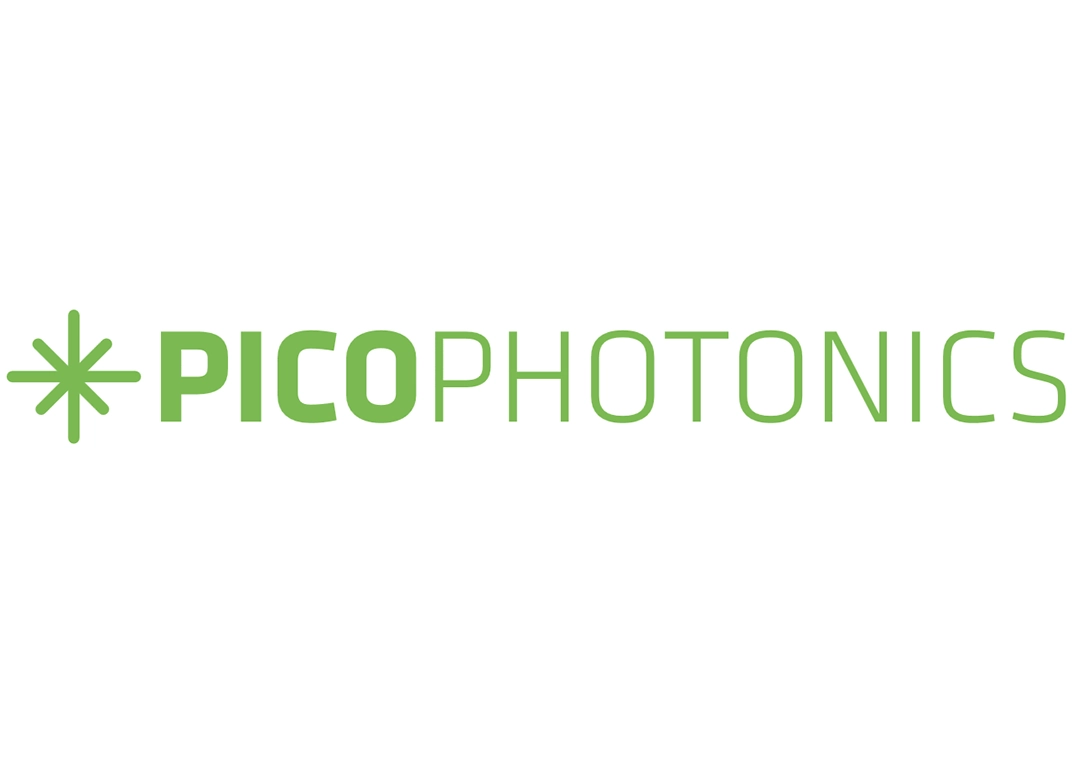
Picophotonics (PICO)
PICO is an SME that focuses on the development and manufacturing of Q-switched microchip lasers based on proprietary semiconductor saturable absorber mirror (SESAM) technology. They will be responsible for developing and testing the laser source for SC generation in RAVEN.
France
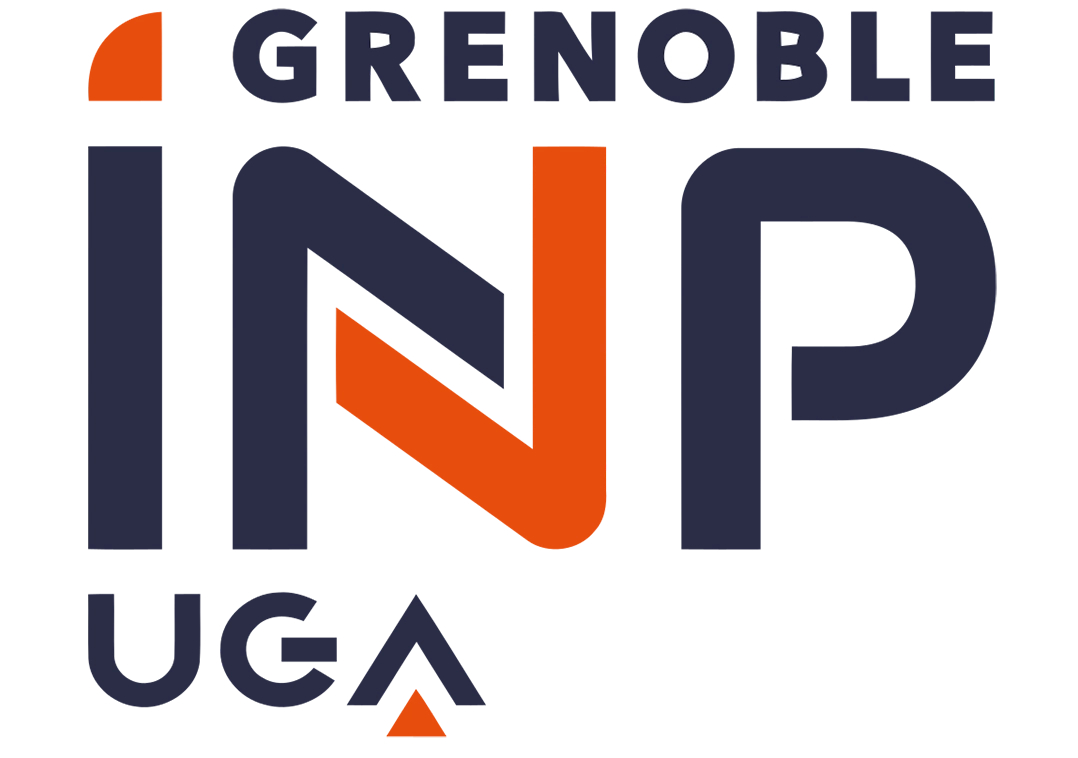
Institut Polytechnique de Grenoble (G-INP)
G-INP leads WP2, with expertise in glass waveguides and microfluidics. In RAVEN, they will design and manufacture single-mode waveguides and fabricate PIC 2.
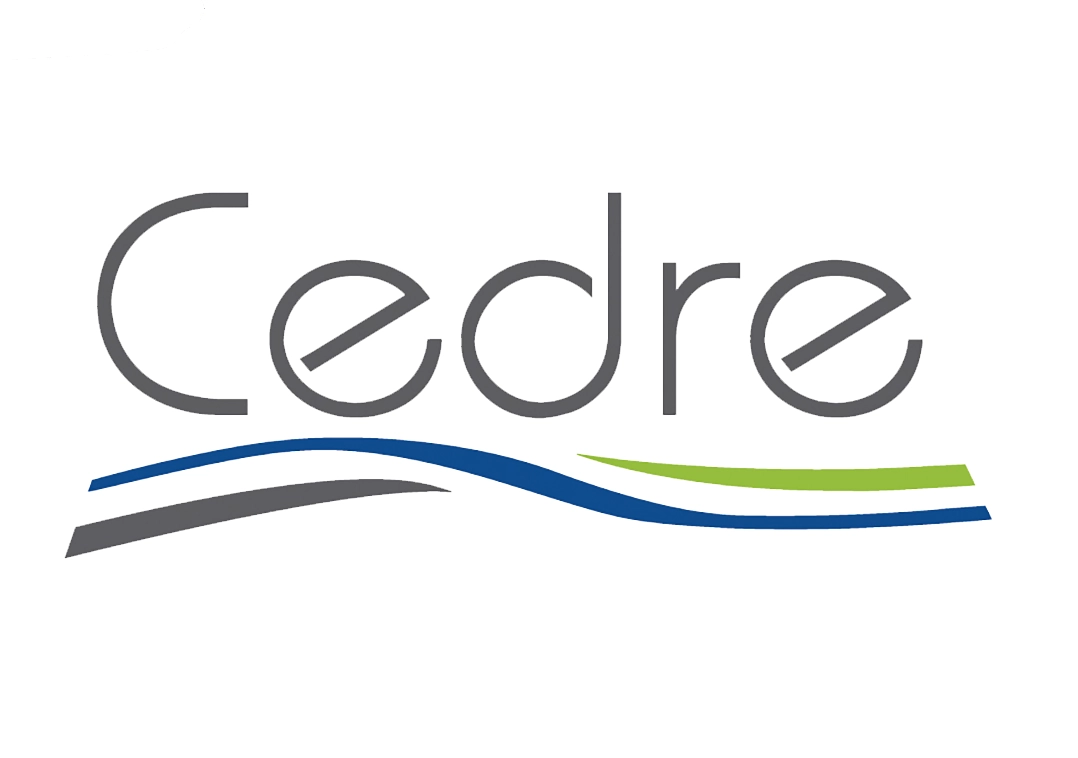
Centre de Documentation, de Recherche et d'Expérimentation sur les Pollutions Accidentelles des Eaux (CEDRE)
CEDRE, international experts on accidental water pollution, will perform lab testing of the sensors to evaluate their ability to detect gases from chemical spills in water.
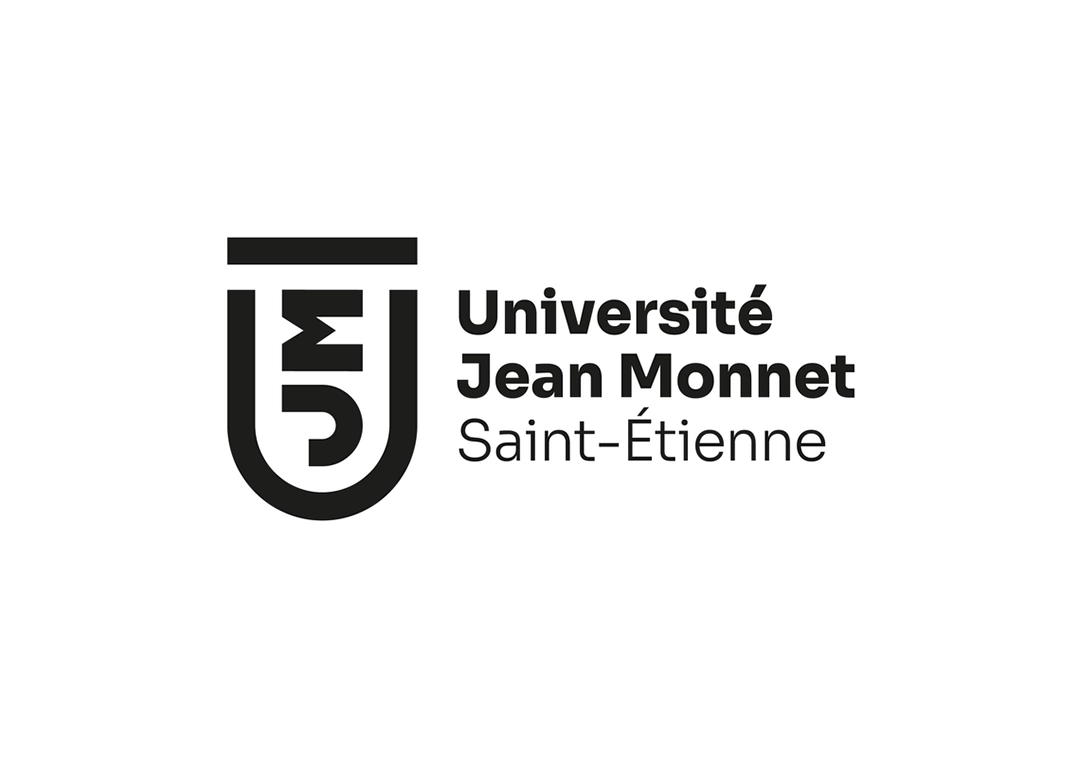
Université Jean-Monnet St Etienne (UJM)
UJM, experts in diffractive optics and micro/nano fabrication, will design and develop the grating in/out coupler for the excitation of Bloch Surface Waves (BSW) in WP2.
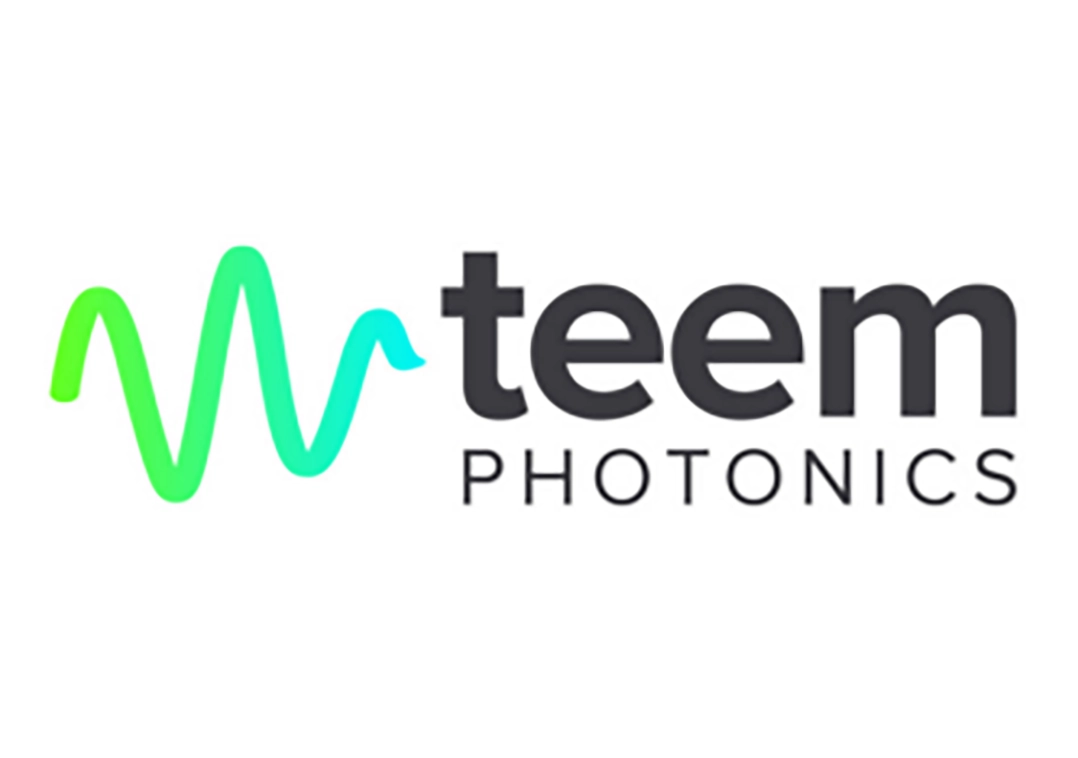
TEEM Photonics (TEEM)
TEEM specialises in PIC-based solutions using their ioNext platform. In RAVEN, they will handle the optical assembly and packaging of straight and spiral waveguides, and integrate PIC 2, including implementing fluidic functions.
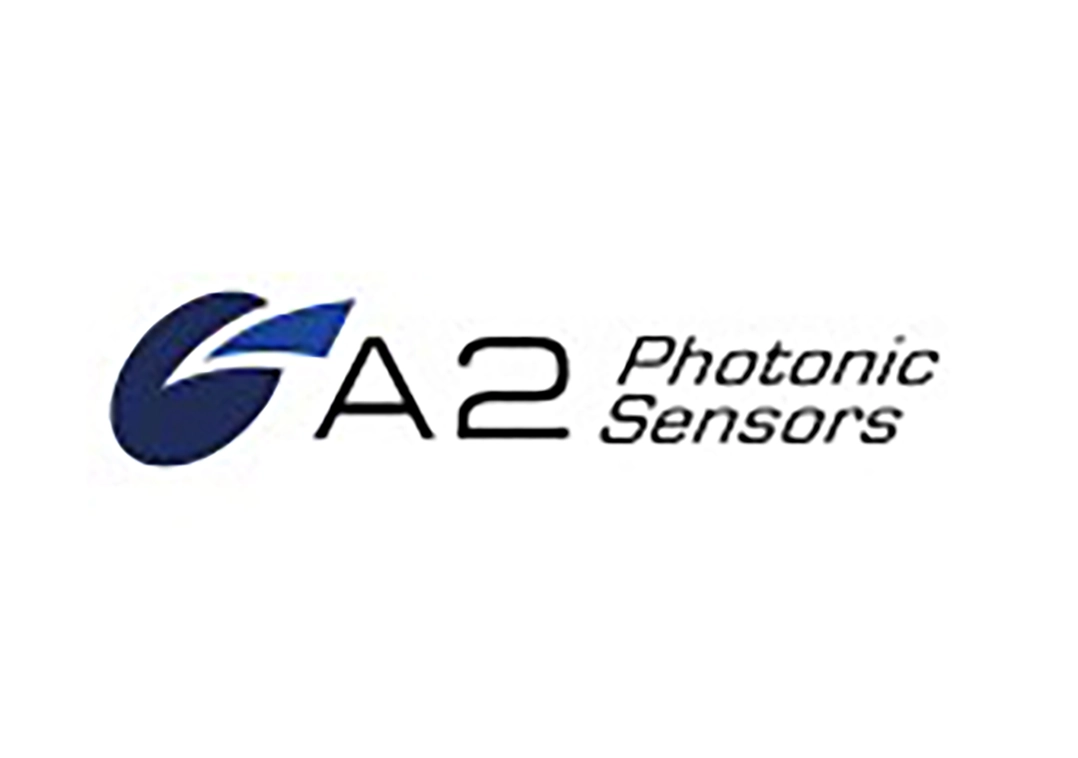
A2 Photonic Sensors (A2PS)
WP5 leader. A2PS, an innovative European SME, specialises in the design and manufacture of cutting-edge sensors and measurement systems. In RAVEN, they will package the VIS-SWIR sensor, build a sealed environmental chamber for dissolved gas measurements, develop a GUI and control software for both sensors, and conduct lab testing.
Italy

Polytechnic University of Turin (POLITO)
POLITO are experts in BSW, PICs, and materials science. Their role in RAVEN includes the design and optical characterisation of dielectric multilayers sustaining BSW, as well as waveguide-BSW coupling (WP2).
Poland
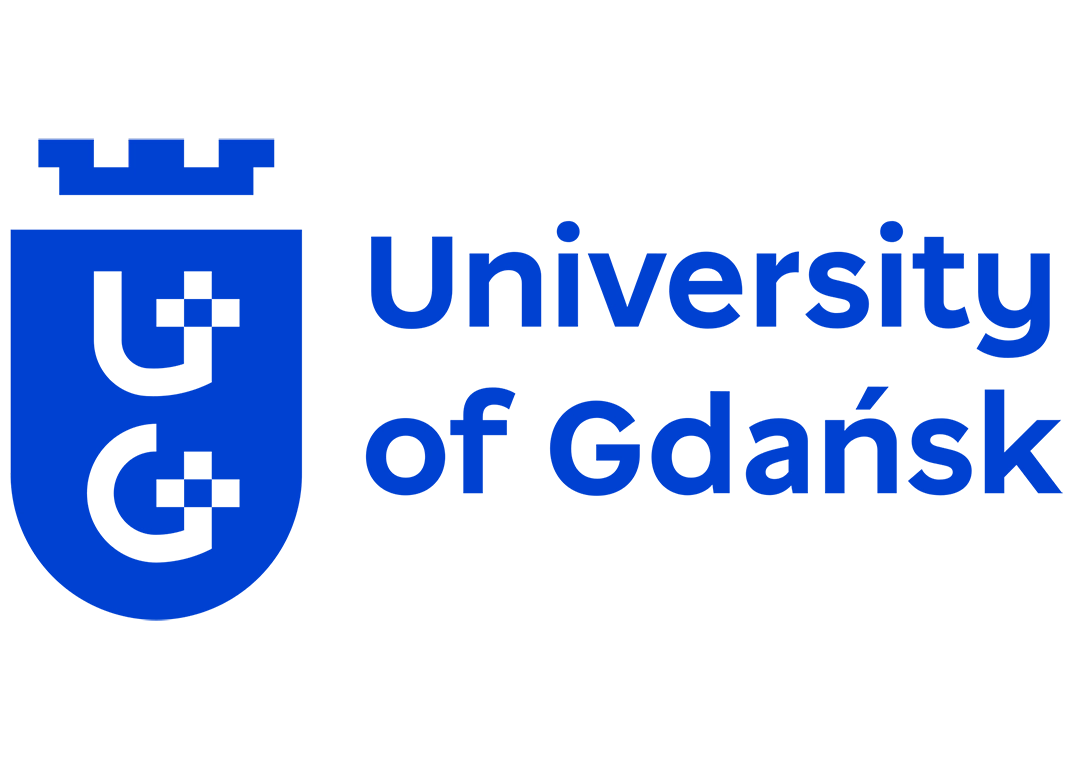
University of Gdansk (UG)
UG has expertise in quantum technology and statistical computation. In RAVEN, they will design and model the quantum-inspired algorithm and ensure that all required interferometer elements are tested (WP3).
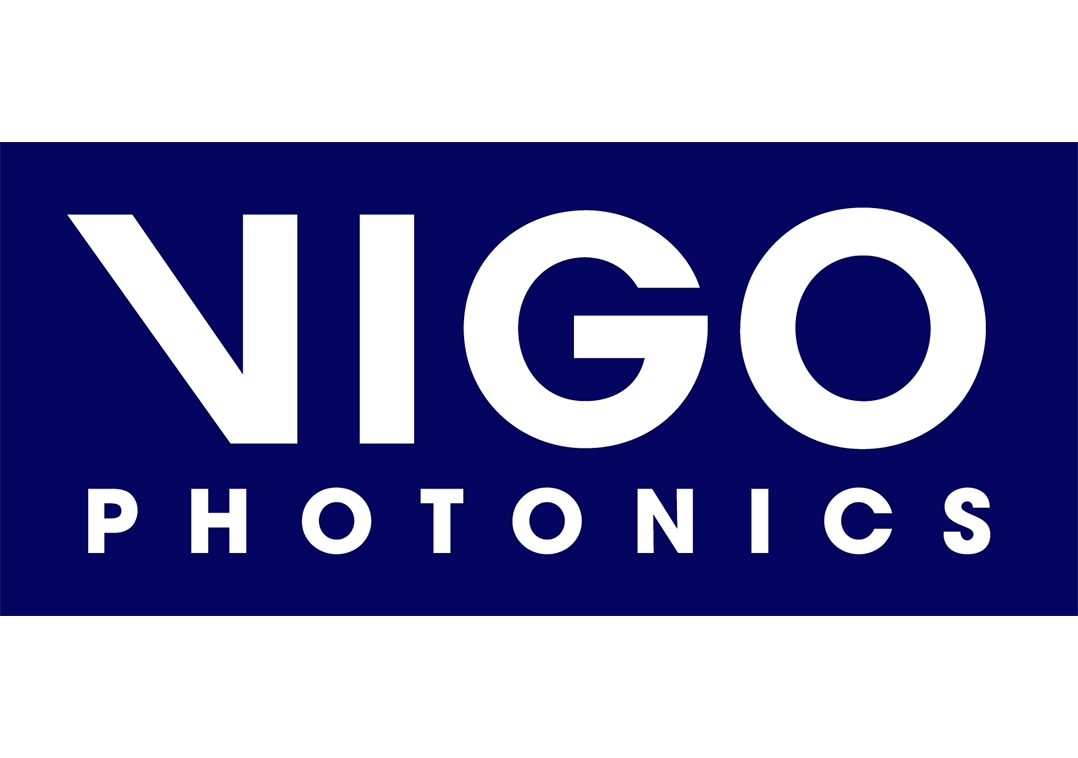
VIGO Photonics S.A. (VIGO)
VIGO, an innovative SME producing high-performance detectors, will develop detector arrays for the VIS-SWIR sensor (WP3) and provide a photodetector for the MIR sensor (WP4).
Spain
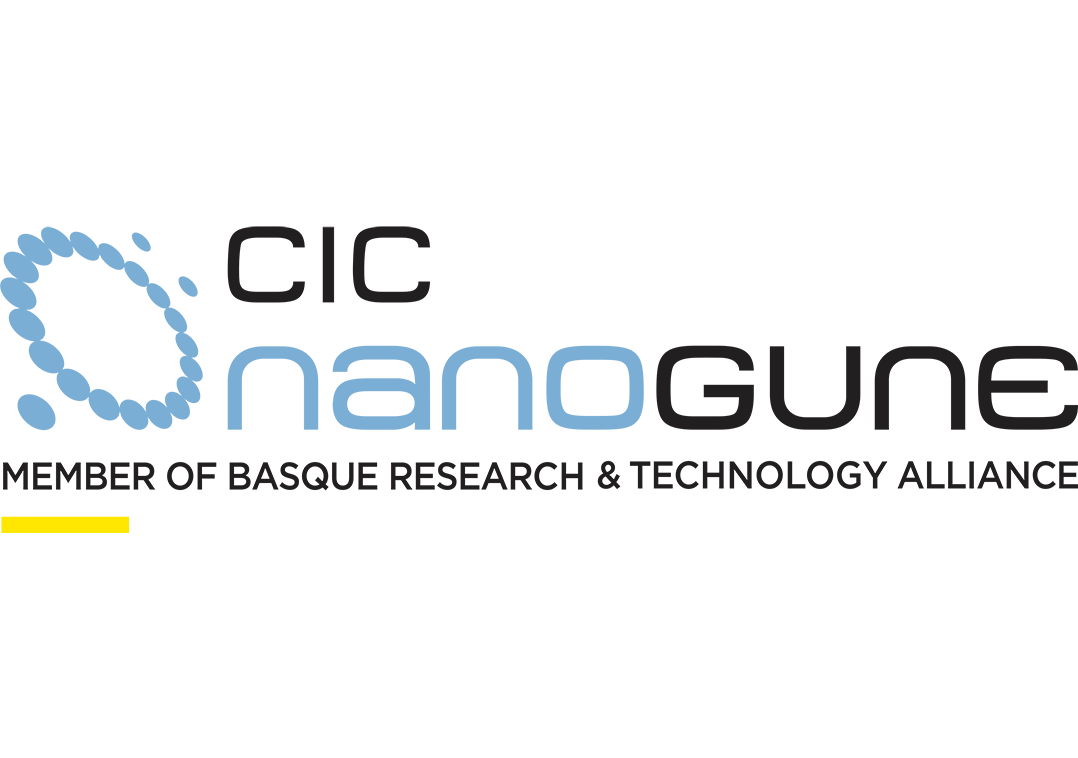
CIC nanoGUNE (NGUNE)
NGUNE, a research centre focused on nanoscience, specialises in micro/nano fabrication, statistical computation, and software development. They will develop and transfer data-processing algorithms to chips (WP3), validate machine learning models using VIS-SWIR sensor data, and perform data fusion and testing (WP5).
UK
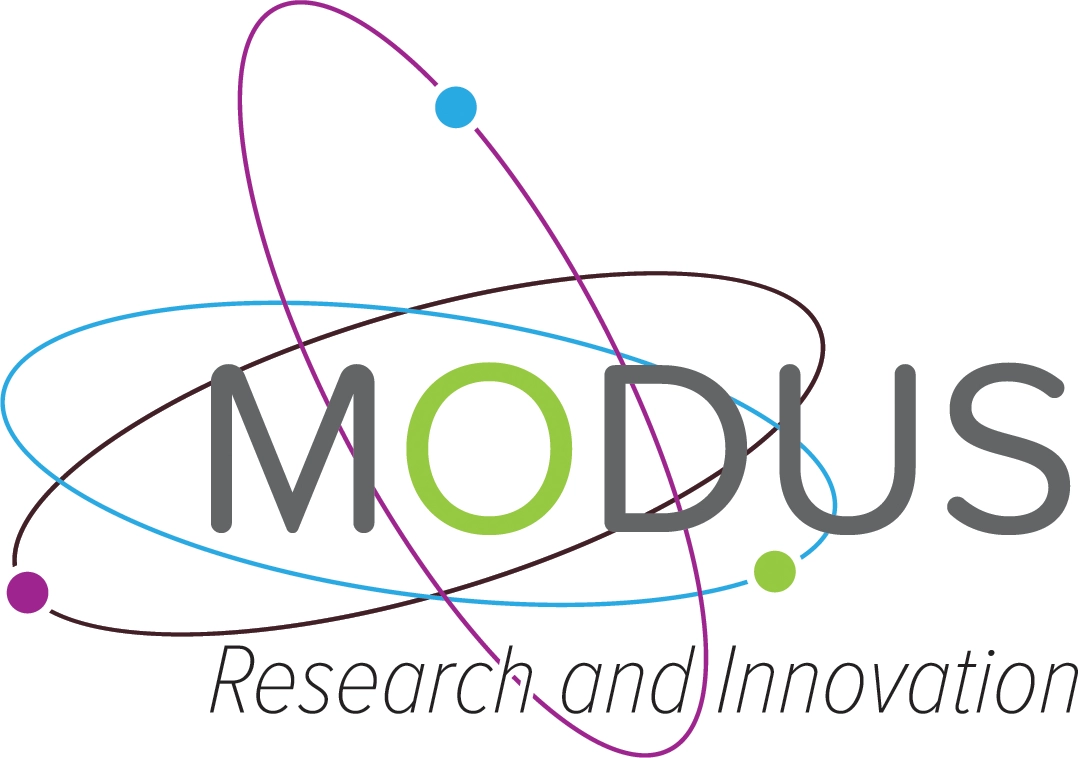
Modus Research and Innovation Limited (MODUS)
MODUS, an experienced provider of scientific project communication and exploitation services, are supporting UEF in project management and leading WP6, assisting the consortium in developing a strategy for scaling up and commercialising RAVEN sensors. They are also in charge of dissemination and communication efforts for the project.
